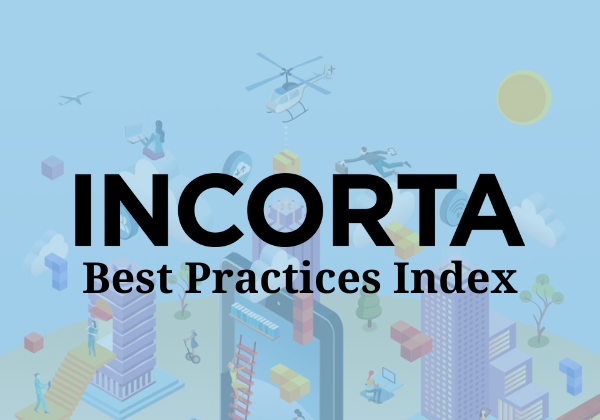- Incorta Community
- Knowledge
- Data & Schemas Knowledgebase
- OTBI Lineage
- Subscribe to RSS Feed
- Mark as New
- Mark as Read
- Bookmark
- Subscribe
- Printer Friendly Page
- Report Inappropriate Content
- Article History
- Subscribe to RSS Feed
- Mark as New
- Mark as Read
- Bookmark
- Subscribe
- Printer Friendly Page
- Report Inappropriate Content
on
07-10-2024
07:56 AM
- edited on
01-30-2025
03:24 PM
by
![]() amit_kothari
amit_kothari
OTBI Lineage
With the Oracle Cloud ERP applications, Oracle provides the same functionality but not the same direct database access to work with tables. If you want to extract data, instead of writing a SQL statement, Oracle provides pre-built View Objects (VO’s) that you can extract with current data to flat files from OTBI to UCM. These VO’s do not have the same name as the tables from previous versions of Oracle ERP (EBS). This can make it a bit difficult to figure out how to get the data you are looking for if you are used to working with tables. Fortunately, Oracle provides mapping files that correlate the VO’s to tables in case you need to build out a data model.
There are two types of VO’s that Oracle provides. Public View Objects or PVO’s contain columns from multiple tables. Extract View Objects or Extract VO’s map one to one with Oracle ERP tables. The mapping files provide references to both types of objects by table name.
Files
The mapping files are available for download on Oracle’s Support site here. If you do not have an Oracle Support account, you will need to sign up for one to access the files.
The files from Q3 2024 are also attached to this posting.
Oracle has quarterly updates to their Cloud ERP applications. These include enhancements and bug fixes. In addition to changes to the software, they also expand their View Object library and in conjunction with that, release updated mapping files, so check back each quarter for the most up-to-date files.
Steps to Install
- Download the attached files
- Navigate to Incorta->Data->Local Data Files
- Import the FusionSchemaTables.csv
- Create a new folder called BICCDbMapping and import the three attached mapping files, for eg Rel13_25A_BICC_FSCM_Database_Mapping_with_ViewObjects etc
- Under Content import theDashboard export file
- Under Schema import the schema export file
- Load the otbi_lineage schema
- Open the Dashboard and check the data
OTBI Dashboard
Incorta provides a dashboard that allows you to quickly identify the name(s) of the VO(s) that correspond to a particular table you are looking for or vice versa.
Exports of the dashboard and supporting schema definition are available attached to this posting. When a quarterly update of the mapping files becomes available, you can download them (or just the zipped file which Incorta will unzip) from Oracle Support and then upload them with overwrite into your instance of Incorta in the BICCDbMapping folder to get the latest mappings.
What To Do If You Cannot Find A Table
As of now, Oracle has not released VO’s that correspond to every table from every production release ERP module. If you are using the latest mapping files and are not able to find the table in the dashboard or in the files themselves, then install our new Oracle BI Publisher Connector and import it via that.



